Concern as asylum seekers forced onto street
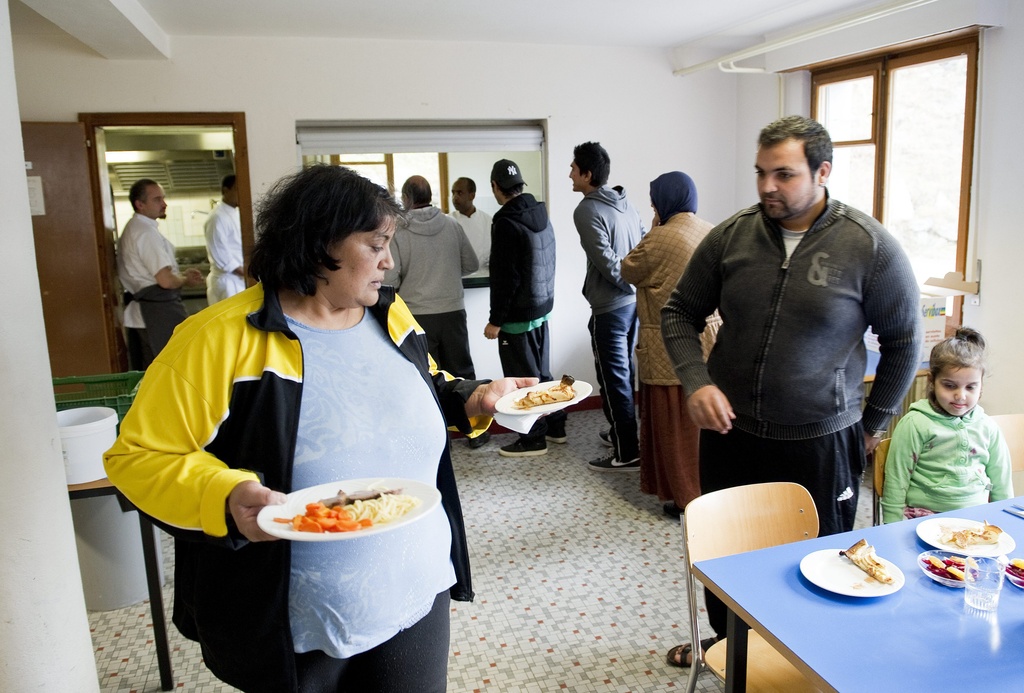
Stories of asylum seekers being turned away from full asylum shelters amid freezing temperatures have sparked upset.
Both humanitarian organisations and politicians have sharply criticised the moves at asylum centres in the Swiss cantons of Basel City, Ticino and Vaud in recent weeks in which people were forced to seek shelter in private homes, train stations or under the care of the Salvation Army.
While temporary solutions have been found in some cases, the situation has once again magnified the underlying issue of a nationwide shortage of accommodation for asylum seekers.
Parliamentarians have called on the government to take action. Meanwhile the Swiss Refugee Council told swissinfo.ch the government should do more to encourage Switzerland’s 26 cantons to do their bit.
Less than a week before Christmas, Swiss television reported a Basel asylum centre had been forced to turn up to 20 people away. (The centre already houses 500 people despite being only equipped for 320.)
The Basel Salvation Army, which helped house five of those turned away, told the “10 vor 10” programme they were “shocked” people were being left out in the cold and private individuals were having to become involved.
In a case in point, Anni Lanz, a volunteer for the Solidarité sans Frontières organisation, was at the Basel asylum centre on Monday and decided to house a family in her own home for the night, knowing their only alternative was to sleep rough. They were admitted to the centre the next day, according to one newspaper.
At another centre in Vallorbe on the French-Swiss border, around 15 men were refused entry, although none slept outside, the centre manager was reported as saying.
Quick and unbureaucratic
The five registration centres in Switzerland are crowded and some can no longer accept new arrivals. There were around 20,000 asylum requests this year as of the end of November – 5,000 more than for the whole of 2010.
The Federal Migration Office noted that the current excess of demand was a “difficult situation, especially in winter when it’s cold”.
Spokesman Michael Glauser praised Basel and Ticino for finding “quick and unbureaucratic” ways of dealing with the latest issues.
A temporary solution was found for Basel, with a civilian bomb shelter opened up in the village of Pratteln to house 100 people. Another 40 places will be created in Chiasso in Ticino on Saturday.
The Swiss Refugee Council accepts there may be a need to use underground shelters but warns they could be “problematic” and ”traumatic” for some people due to the lack of exposure to daylight. People housed inside such shelters need to have work opportunities, counselling and should not spend a lot of time indoors, they say.
The Council says turning people away from asylum centres breaks article 80 of the national asylum law which stipulates that the federal government must provide social aid to asylum seekers.
Spokesman Adrian Hauser said if there was a lack of state-run spaces the government should work to secure facilities run by third parties, making use of night shelters, homes or the Salvation Army.
Switzerland is still a long way off from meeting its target of providing 2,000 extra places by the end of the year, and with the rising numbers of asylum seekers “other solutions” are needed, he noted.
Cantonal responsibility
A national push is underway to address the issue. Justice Minister Simonetta Sommaruga has mooted an amendment to zoning laws – which can block the temporary use of some potential sites for housing.
Plans are also being drawn up for an emergency plan to ease the shortage.
But despite agreement in principle between the federal and highly-autonomous cantonal authorities, Sommaruga admitted in November that the search for housing had been more difficult than expected and only one site for 50 people had been pledged by the cantons. The issue can attract local opposition, with concerns about social tensions and claims about crimes.
The Swiss Refugee Council said there was resistance in some cantons such as Aargau towards housing asylum seekers and so it was up to the federal government to do “a lot” to persuade cantons to share in the overall responsibility.
“There should be higher expectations for the cantons to participate in constructive problem solving, rather than their using horror scenarios to stir up fear and prejudice in the population,” Hauser said.
Glauser of the Migration Office said the federal government had been in talks with cantons and municipalities for months about the growing number of asylum seekers.
“We are happy that solutions are currently being found,” Glauser said.
The number of people applying for asylum in Switzerland in November increased by nearly 20% over the previous month.
According to the Federal Migration Office, 2,566 requests were filed by people entering the country, mostly from Tunisia, Eritrea and Serbia. Most of the Serbian citizens belong to the Rom community.
From September to November, there was a spike in asylum requests after a relatively quiet summer. Since the beginning of the year, more than 20,000 people have filed for asylum, 41.5% more than in the same period in 2010.
The situation has forced the authorities to open new centres to house the latest arrivals as many other existing sites have already reached full capacity.
Last year, 17.7% of asylum requests in Switzerland resulted in refugee status being granted.
Immigration and asylum are among the most controversial political topics in Switzerland.
While the rightwing People’s Party has been pushing for stricter asylum rules, the centre-left argues Switzerland must not violate humanitarian principles.
The latest amendments came into force in 2007.
Switzerland signed up to the Dublin asylum agreement in 2008 regulating the asylum proceedings among nearly 20 European states.
The federal authorities are responsible for asylum proceedings, but it is up to the country’s 26 cantonal authorities, which enjoy considerable autonomy, to implement the policy.
The justice ministry proposed setting up national centres to speed up the asylum procedure.

In compliance with the JTI standards
More: SWI swissinfo.ch certified by the Journalism Trust Initiative

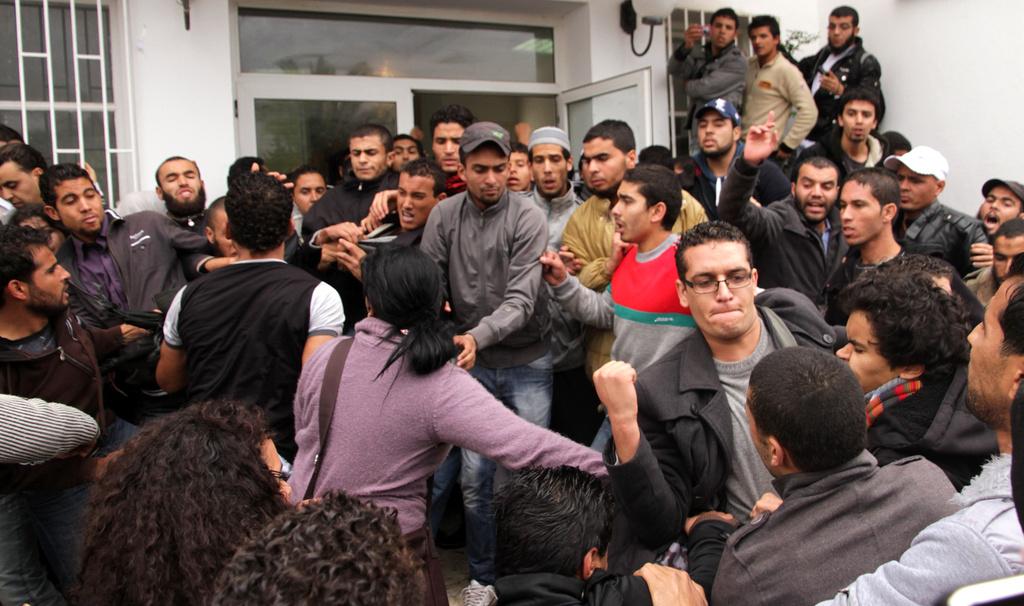
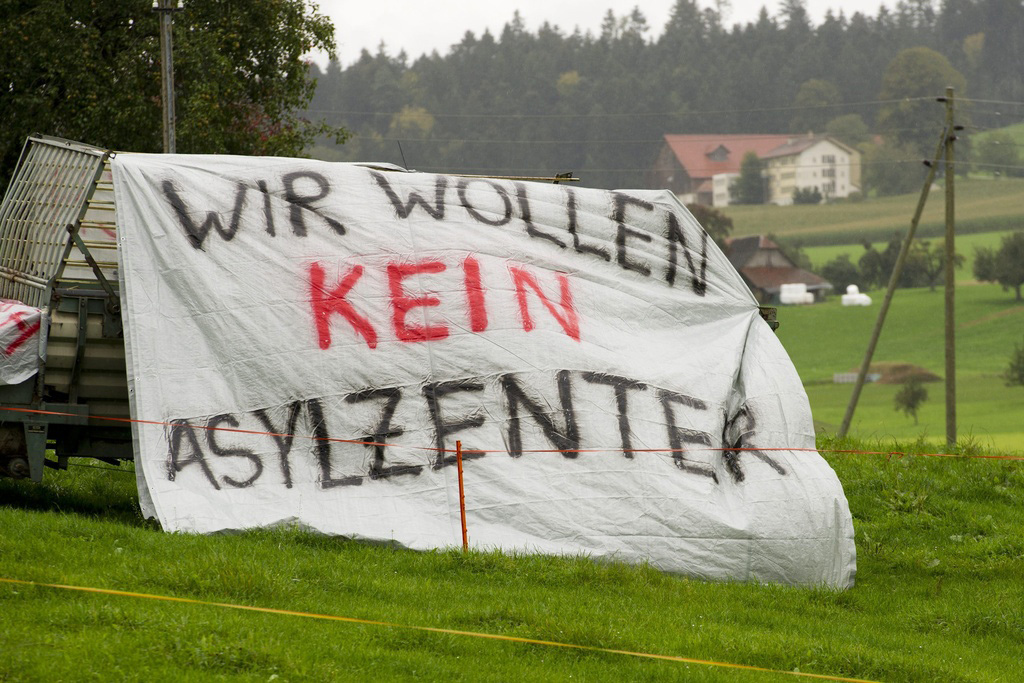
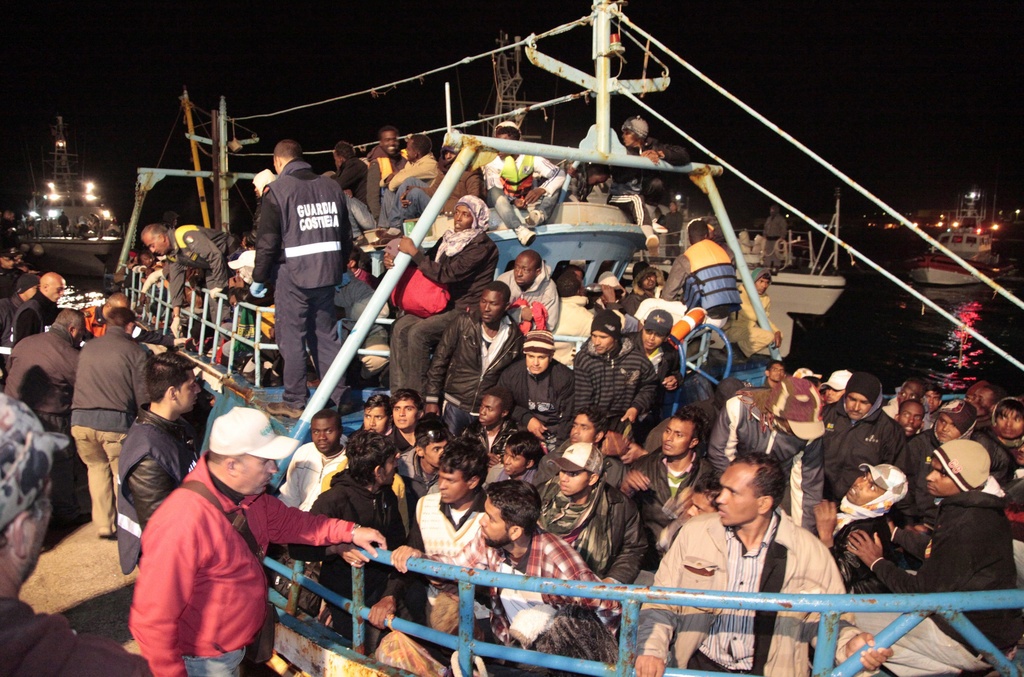
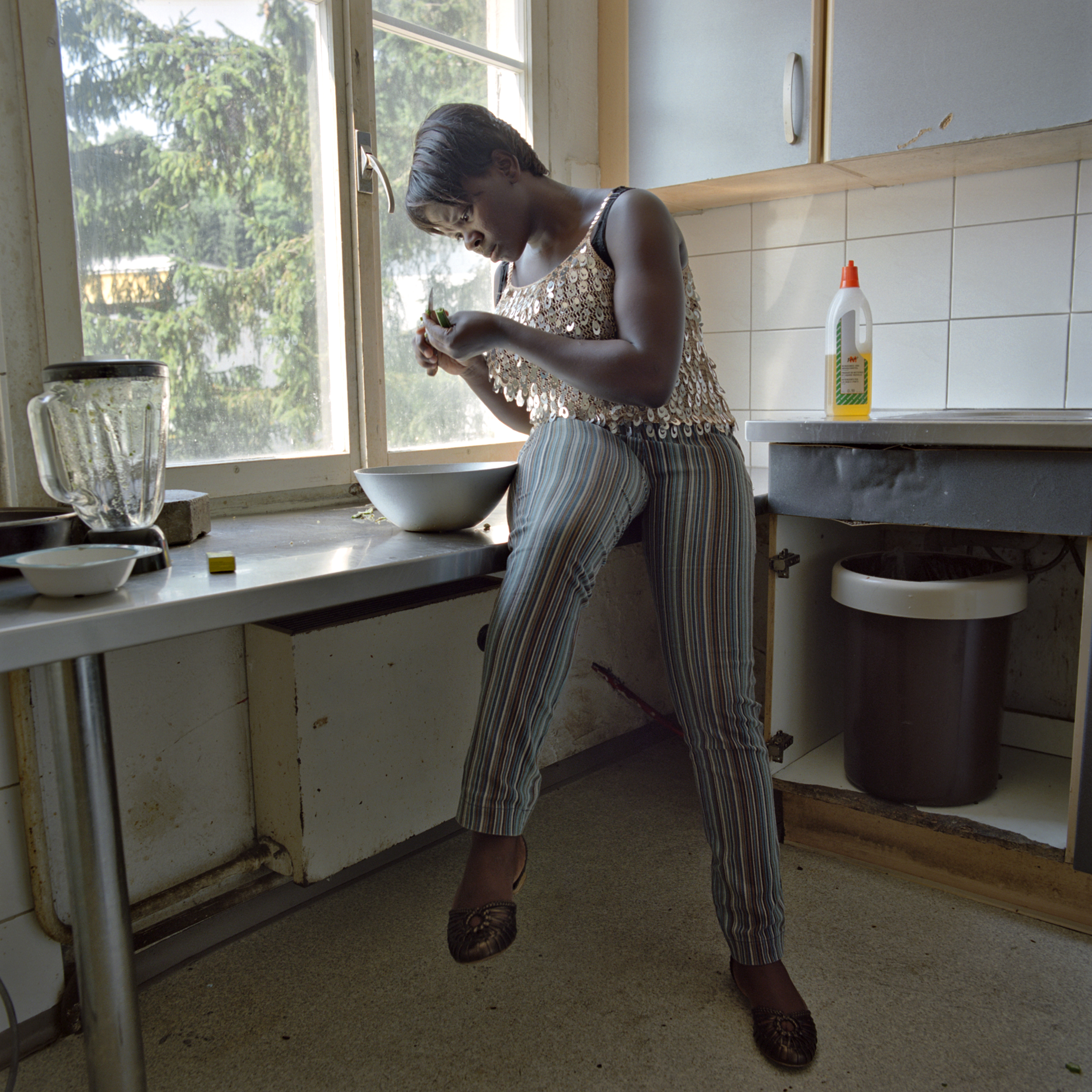

You can find an overview of ongoing debates with our journalists here. Please join us!
If you want to start a conversation about a topic raised in this article or want to report factual errors, email us at english@swissinfo.ch.